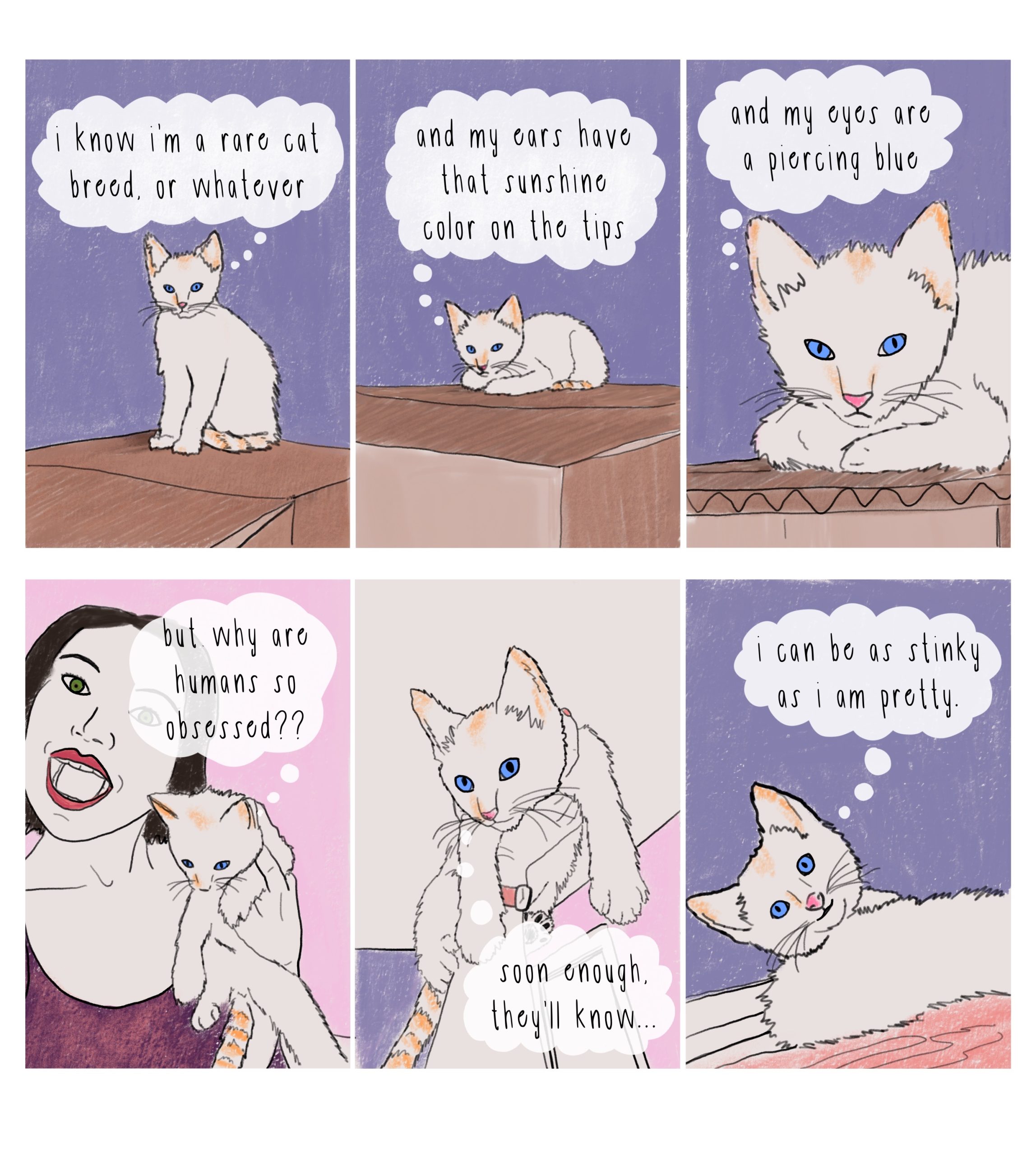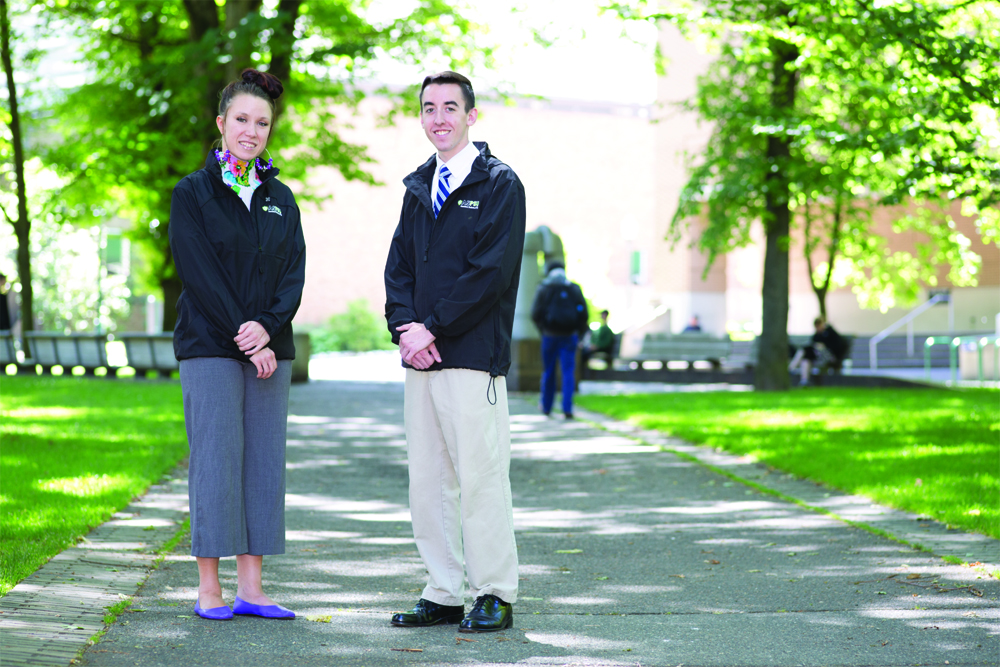Two top Northwestern tennis players ruled ineligible by NCAA
Henry Bienen, the Northwestern president, says, “When I found out about the rule, the best I could understand it, it was very strange. They were being penalized for having higher academic standards.”
Maureen Harty, the school’s director for NCAA compliance, says, “It’s surreal, that’s what it is. You sit and think, ‘This can’t be happening.'”
Rick Taylor, the school’s athletic director, says, “What the NCAA needs is an ombudsman for common sense.”
Emotions clearly are roiling at Northwestern after an unexpected telephone call last Wednesday night resulted in two of its top women’s tennis players being ruled ineligible. Consequently, Cristelle Grier, undefeated and ranked ninth in the nation, and teammate Ruth Barnes couldn’t play in the NCAA regional tournament at the school last Saturday.
The rule in question, which applies only to tennis, stipulated student-athletes must enroll in college within a year of their high school graduation or lose a season of eligibilty. The rule’s intent is to prevent Europeans from graduating from high school, playing two or three years as amateurs on the pro circuit and then enrolling in college as internationally experienced, 20-year-old freshmen.
But here is how it ensnarled Grier and Barnes, who are English. They passed what are called their O-Level exams at 16 and then spent two more years studying to pass the more advanced A-Level. The NCAA interpretation is that the O-Level represents high school completion.
“We don’t have the phrase ‘high school.’ But that’s our equivalent,” Barnes said. “It’s the natural progression.”
“(Passing A-Level exams) are requirements to go to college,” said Northwestern women’s tennis coach Claire Pollard, who herself is English. “You can’t go to college without them.”
Without Grier and Barnes, the Wildcats’ women’s team, heavily favored to advance to its sport’s Sweet 16 for the sixth consecutive year, was bounced from the tourney by Kansas State. Now the school is attempting to save the season for Grier, who is scheduled to begin individual play in the NCAA tournament next Monday in Gainesville, Fla.
Grier has been a sensation this season, reeling off 25 straight victories and running off with Player of the Year honors in the Big Ten Conference. She led her team to the conference tournament title, and last Wednesday was preparing to do the same in the regionals when the labyrinthine rules of the NCAA intervened.
Bienen doesn’t accept the NCAA’s reasoning.
The rule, in fact, never was mentioned as Barnes played through her three seasons, nor was it mentioned as Grier swept through her one season. But then another school declared one of its athletes with a similar background was ineligible, and that athlete said Grier’s situation was the same.
“It was such a common-sense issue, I thought it must be a mistake,” Barnes said. “When I saw the staff working so hard on Thursday, I realized it was quite serious.”
“(There) could be permanent ineligibility (for both players), forfeiture of matches, maybe the loss of recruiting opportunities,” Pollard said. “I really wanted to play them. I was so pleased and impressed by the boldness of (Bienen).
On Monday afternoon, Northwestern made its case in an appeal to the NCAA offices in Indianapolis. A ruling is expected later this week.
“We’ve been through the storm, but there’s a ray of sunshine I’m holding onto,” Grier said.
“I don’t want to sit down next year,” Barnes said. “I want to play. I’m working hard every day so when the NCAAs come around next year we can win it. But, unfortunately, that doesn’t change what happened this year.
“The point is we were trying to excel as student-athletes. We were doing the best we could to get to the best university we could and…” she said, her voice breaking up. “Oh, well, hopefully it’ll work out.”



